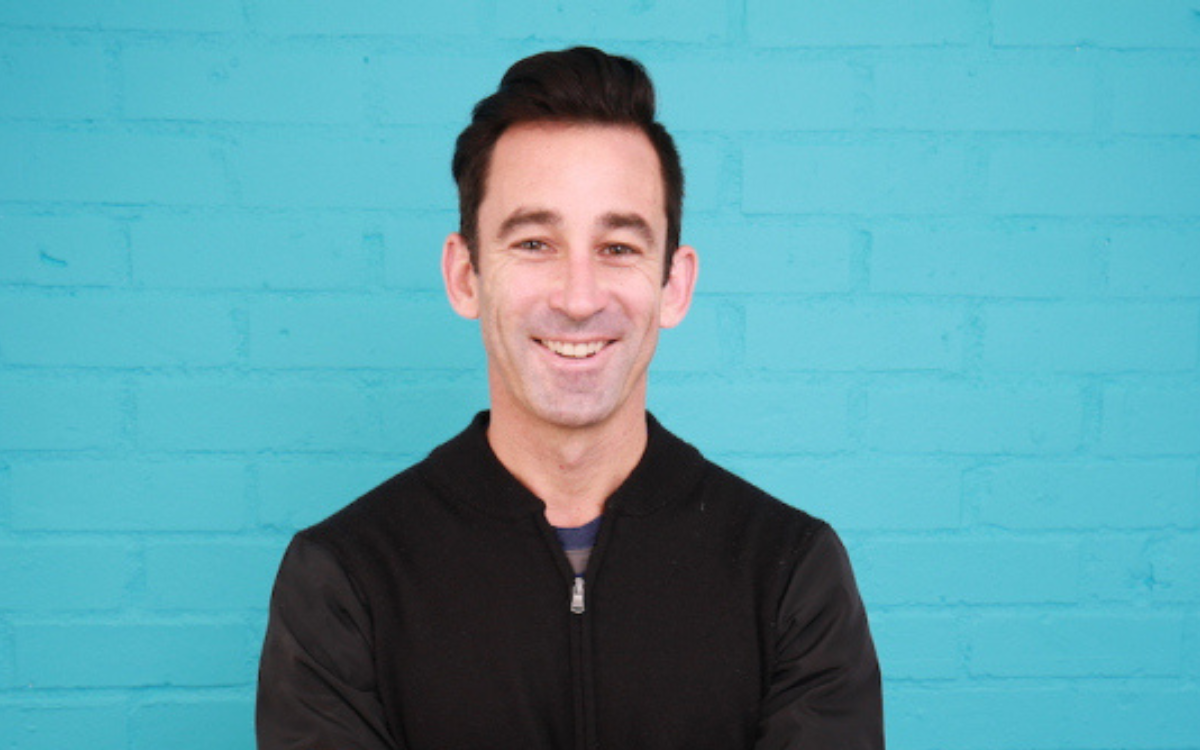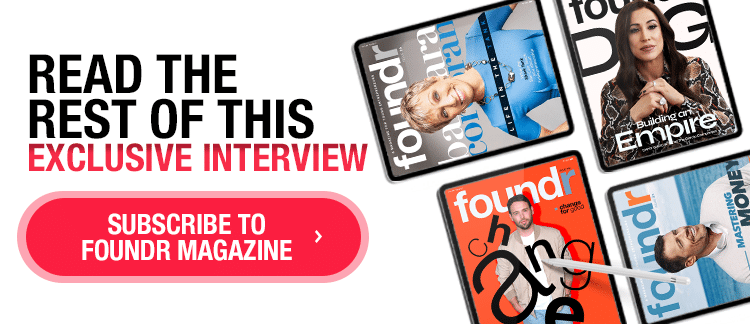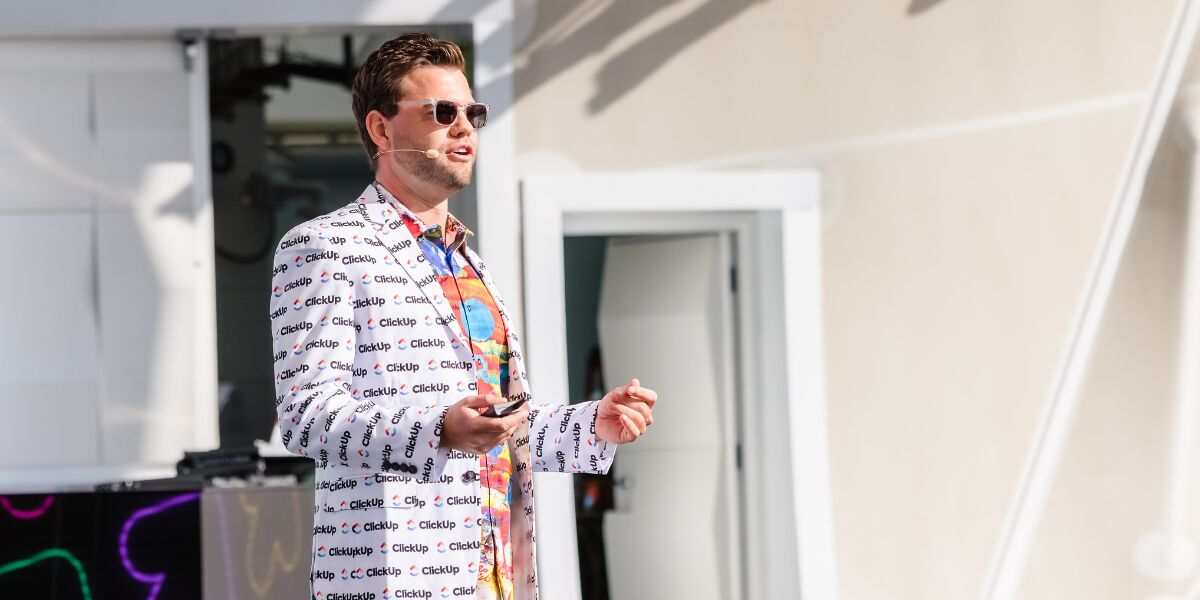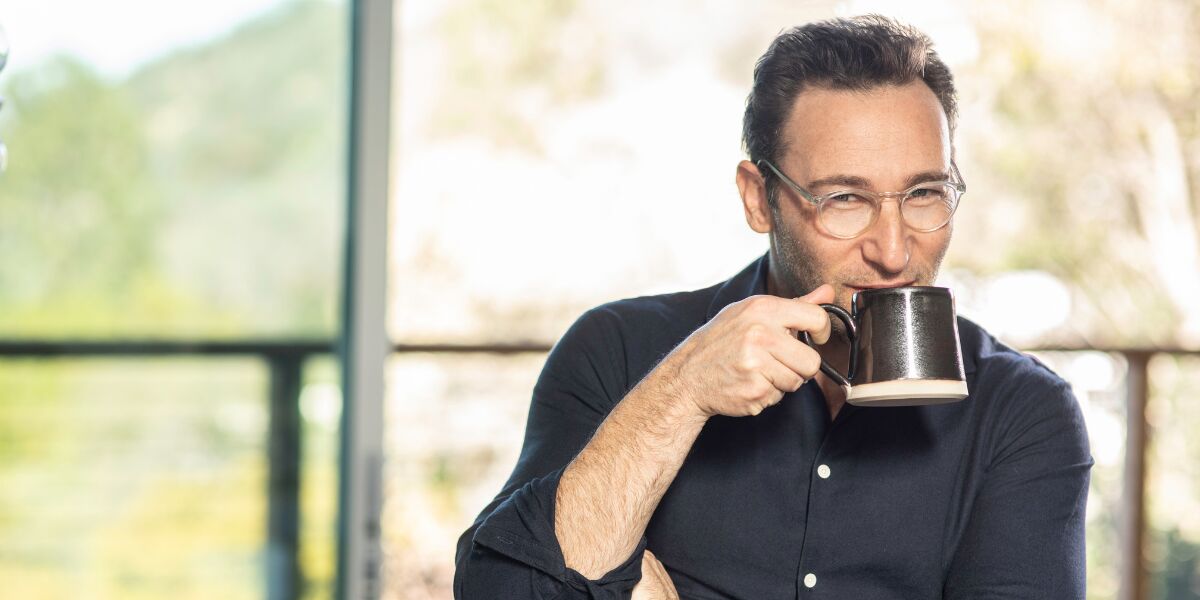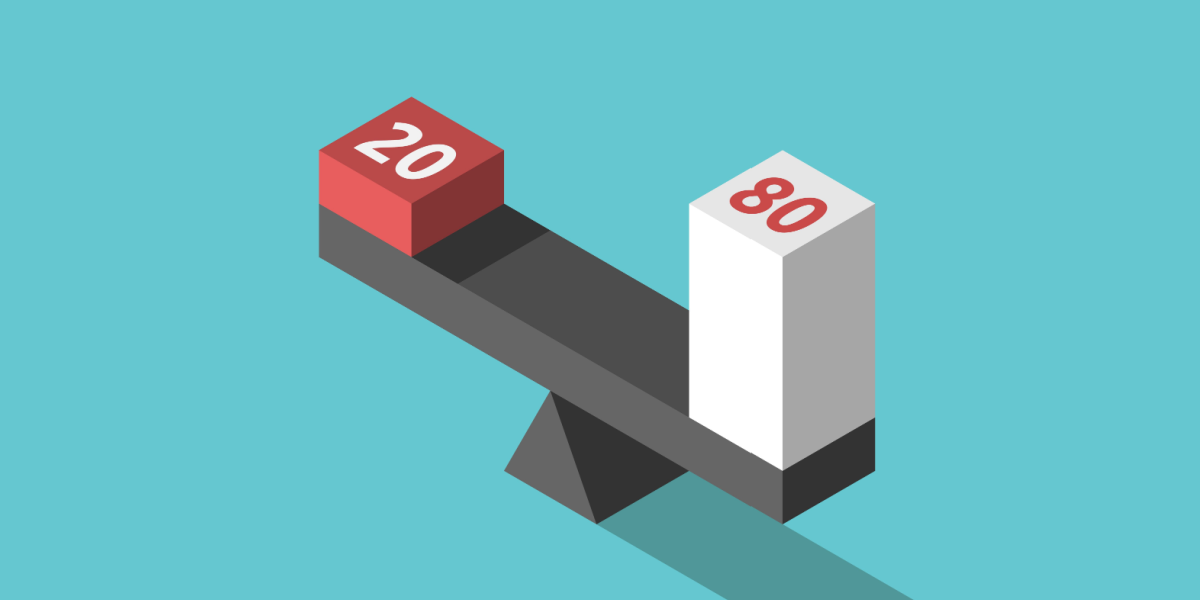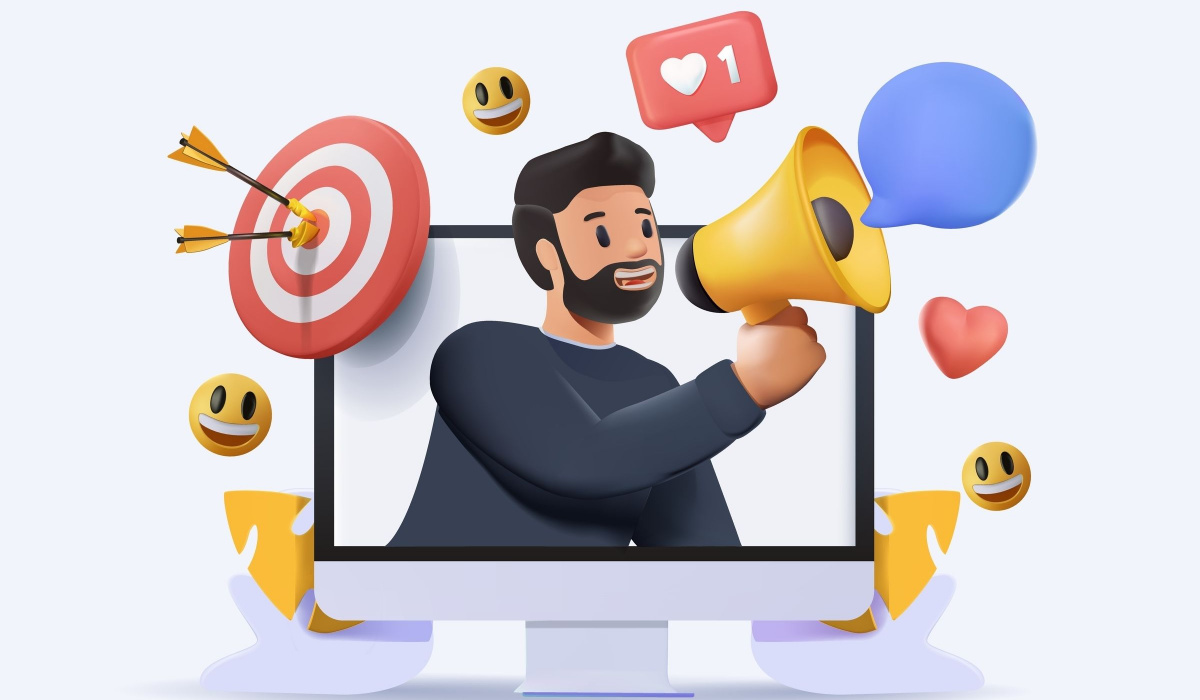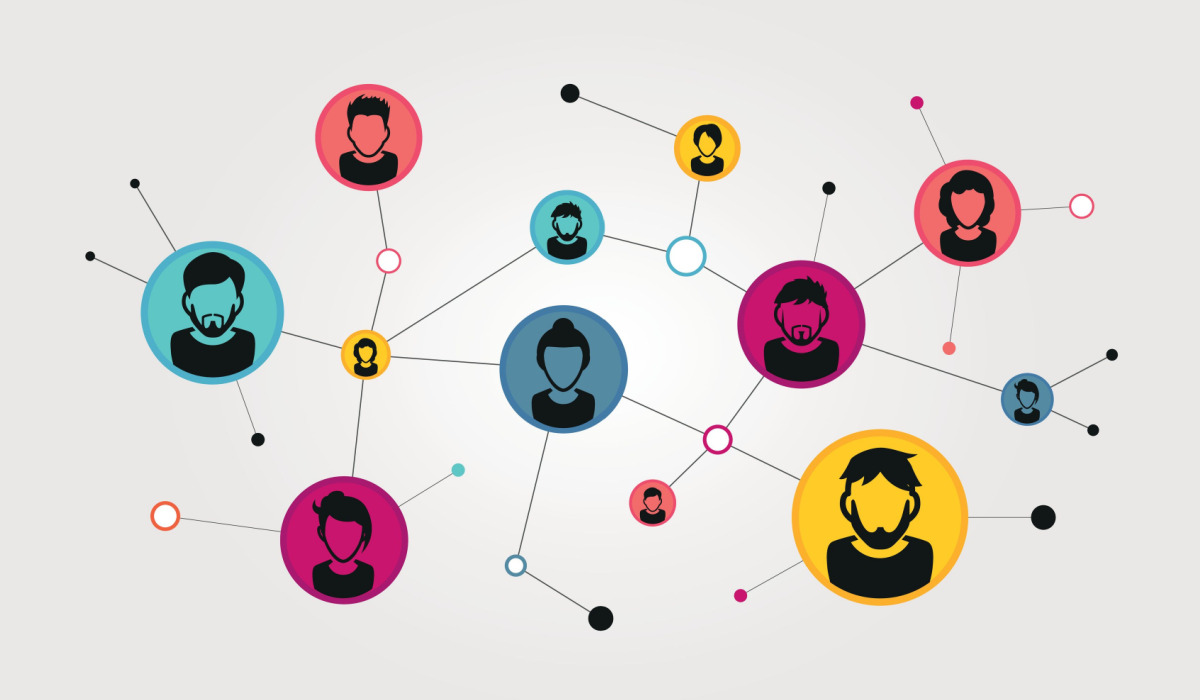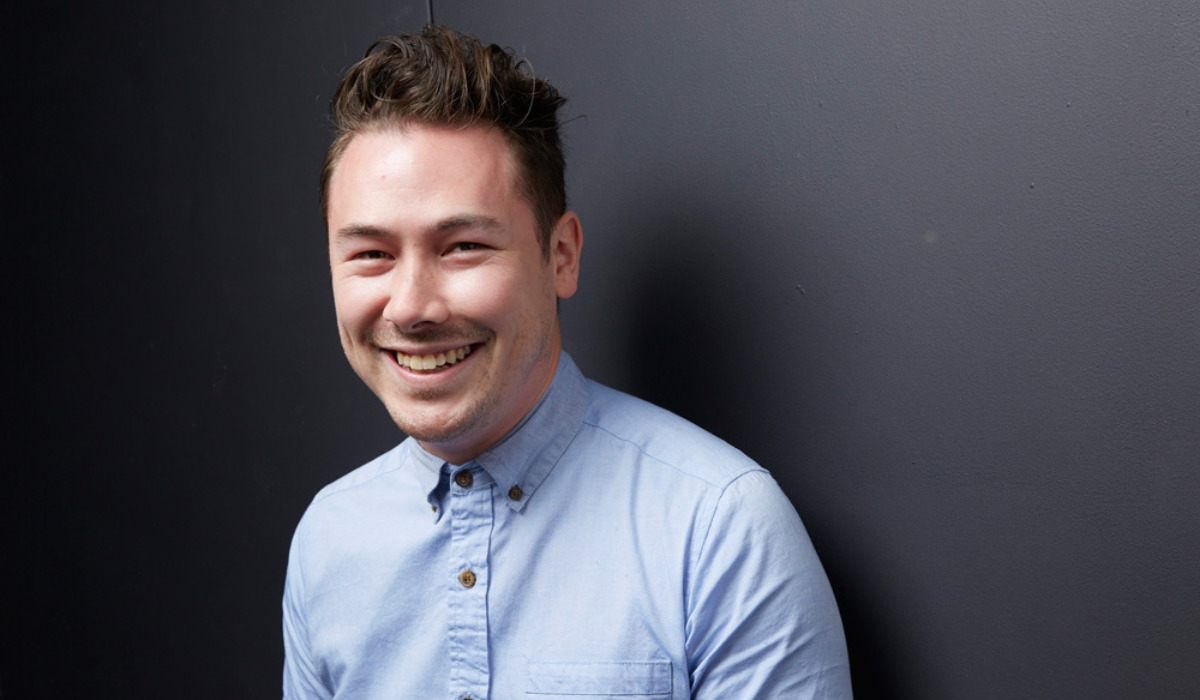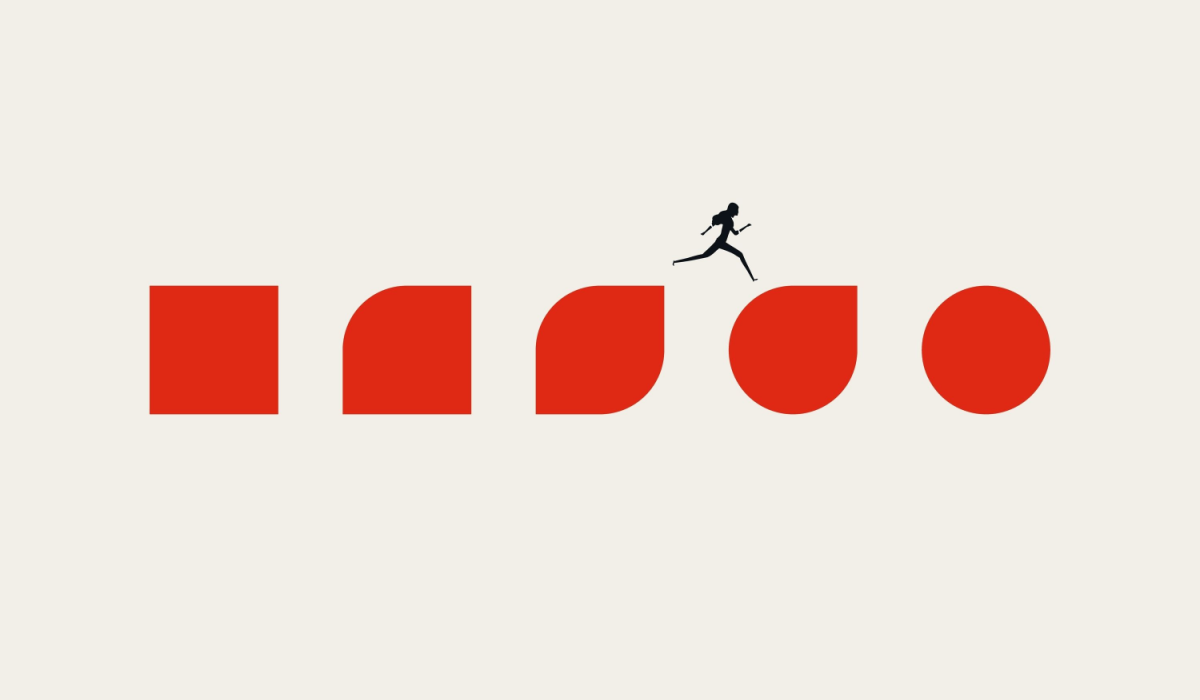Foundr Magazine publishes in-depth interviews with the world’s greatest entrepreneurs. Our articles highlight key takeaways from each month’s cover feature. We talked with Matthew Pohlson, founder of fundraising company Omaze, about how his near-death experiences gave him lessons for living a full life. Read excerpts from that in-depth conversation below. To read more, subscribe to the magazine.
—————
Sit down with Matthew Pohlson, and he’ll tell you a good story. He’ll tell you about his roles on Scrubs and Everwood. He’ll tell you how he and his friend and business partner, Ryan Cummins, directed “Live Earth,” the biggest concert series ever produced, spanning multiple countries, to raise climate change awareness. He’ll tell you about traveling the world to interview Nobel Prize winners and MacArthur Grant recipients.
And he’ll tell you about the time he died for four and a half minutes.
At just 44, Pohlson has collected enough stories to last two lifetimes. He has been an actor, director, and producer. Now, he’s the founder and CEO of Omaze, a company he founded with Cummins that allows everyday people to donate to charity for a chance to win incredible prizes and experiences.
The idea for Omaze came when he and Cummins were invited to be seat-fillers at a charity event hosted by Magic Johnson for the Boys and Girls Club.
They were auctioning off a chance to play one-on-one with Johnson and then attend a Lakers game.
But like many charity auctions, it was meant for high rollers only. The winning bid? $15,000.
“We couldn’t afford to participate. Magic was our childhood hero. There’s nothing we would rather do than play basketball with Magic, even today. And so when we were driving home, we said, you know, that doesn’t make any sense. Magic has fans around the world, not just in that room,” Pohlson says, referring to the bidders at the auction. “In fact, people who can’t afford to be in that room probably care a lot more about meeting him than those who can.”
That’s how they came up with the idea for Omaze, which they launched in 2012. Donors have had the chance to win a day of mentorship with Michelle Obama, a ride in a tank with Arnold Schwarzenegger, and even a Lamborghini, with keys handed over by Pope Francis.
“That was probably the craziest one we’ve ever done. I had to go to the Vatican and pitch to Pope Francis, which was pretty surreal.”
To date, the company has given more than $130 million to various charities.
Matthew Pohlson’s 6 Lessons for Living (And Dying)
Pohlson’s experience and his subsequent recovery period gave him a new perspective not only on life but on business, as well. As time passed and he looked back on the situation, he pulled valuable lessons that he applied to his management style, his business decisions, and his personal life.
#1 Nothing Is as Bad as the Fear of It
“We spend so much time projecting out what could go wrong in our lives,” Pohlson says. “We have these incredible imaginations. When we’re kids, we use our imagination to think about what’s possible. And when we’re adults, we tend to use our imaginations to think about what could go wrong.”
Of course, the biggest thing that could go wrong in any situation is dying.
“I had a fear of dying, and then I died. And it was amazing. It was wonderful. It was the change in my life.”
#2 Replace Fear With Love
Pohlson can now distill that experience and apply it to the day-to-day. Playing out worst-case scenarios is never helpful, he says. Instead, he overcomes the fear in any situation and tries to work with love.
“Nothing is as bad as the fear of it,” he says. “And so when you realize that, then you start to think OK, well …. The opposite of love is not hate. The opposite of love is fear. So if you get rid of that space for fear, you can spend a lot more time putting love out in the world.”
#3 We Don’t Realize How Much Is Possible
Like many others, Pohlson found himself believing in a higher power after his near-death experience. That realization has put things in perspective for him.
“We all have this kind of superpower that is available that we’re not accessing, which is kind of a greater consciousness,” he says. “You can tap into other pieces of information, other energy, that once you do that, the scope of your problem seems so much smaller because you realize there’s a lot more going on than what we’ve created in our world.”
#4 Time Away Is Invaluable
Pohlson spent two months in recovery, away from Omaze, without so much as a phone call to the office. While it was difficult to be so detached, when he returned, he realized the step back allowed him to get fresh eyes on the business.
“You notice some things that you wouldn’t have noticed … or there’s certain things that you tolerated before because you just did on a daily basis,” he says. “So when you step back, you’re like—wait a second. Why are we doing that?”
For the first six years, for example, Omaze focused on celebrity experiences. When Pohlson came back, he expanded to prizes.
“We said, ‘We’re going all-in on what we call Omaze Owned,’ which was a McLaren (car) or erase your student debt or ride around in a custom Sprinter van. And the business just exploded.”
If they hadn’t reevaluated their model, Pohlson says, they wouldn’t have survived the pandemic.
#5 When You Don’t Know What to Do, Do Nothing
“There’s this belief in startups that if you’re not moving constantly in perpetual motion, then you’re done. You’re either moving or you’re done. And so we’re always scrambling, and we feel anxious if we’re not working on our thing,” Pohlson says.
Pohlson admits that startups do require hustle. But when it comes to the pivotal decisions for a company, sometimes less is more.
“Because you want to be proactive, you’ll go talk to everybody. You’ll get opinions of 15 different people … but they’ll end up countering each other inevitably. And then I’ve gotten so many opinions that it ends up drowning out my own voice. And so that’s where doing nothing comes in.”
He advises founders to rely on their gut.
“There’s a lot of data, there’s a lot of neurons in your gut, there’s neurons in your heart. There’s information that’s coming through outside of your brain that you should listen to. But it can get noisy. By stepping back and doing whatever it takes for you to get still—whether that’s meditation, which is what I do, breathing exercises, listening to music, working out, whatever that is for you.”
“When you remove the noise, then you can get back to that initial intuition that you had around the decision.”
#6 Be a Best Friend to Yourself
We all have those moments where we beat ourselves up over a mistake or missed opportunity. Pohlson challenges founders to ask themselves one question: Would they be friends with someone who said the things we say to ourselves when we are hypercritical of our actions?
“We let our brain say stuff, and so maybe flip that paradigm and realize that maybe that’s not the most helpful. Even though maybe beating yourself up helped you at other points in your life, maybe that’s not most helpful at this point.”
Pohlson has one last lesson: Death is your best friend.
“I carry it around as a travel companion,” he says.
And he doesn’t mean the end of life but the end of anything. Recognizing and embracing that all things come to an end can help an entrepreneur rise to challenges or simply let go of something holding them back.
